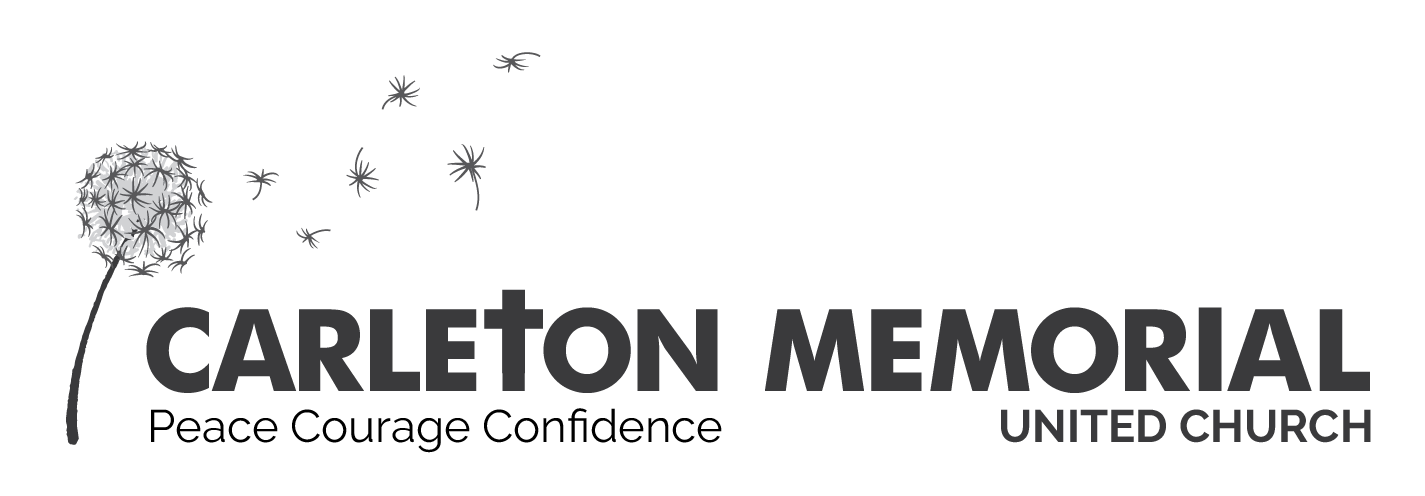I have a spiritual headache.
For those of you who follow me, you know I try my best to be insightful and inspiring. This week I’m not even going to try. I’m tired.
I’m not “sick and tired”, or “fed up” tired, or “I’m ready to give up” tired. I’m not “angry” tired or “get me outta here” tired. What I am is “starting to feel old enough like I’ve seen this all before” tired. Help me Lord, that I don’t become cynical. I need to find a hopeful place to keep on keeping on as a member of an engaged public. At the risk of sounding pious, I think our country needs us to be engaged right now – and provoke leadership from our politicians that is more courageous than what we are seeing right now. And not just provoke some of them, but all of them, at every level.
Would you like me to get to the point? I would like me to get to the point.
I have been thinking about the pipeline debate – or rather the lack of any formal debate.
Have you noticed that nobody seems to be saying much about a topic that had us all up in arms about 8 months ago… nobody except those relegated to the fringes of social media? Certainly our major political parties are remaining dead silent while the government is doing a two-step with groups on both sides of the debate. (According to my friend who works in this particular field of communications , opposition parties are intentionally staying out of the way, waiting for the Liberals to drop the ball).
Before I go any further, I want to be clear on something. As a clergy person, I have always believed that if was going to get involved in a political debate, I needed to be well educated if I was going to offer an opinion. So I will limit my comments to what I feel can comfortably comment on.
It’s this vacuum of any meaningful debate that I want to address.
The way I see it, politicians of all stripes are dealing with the daily turbulence of social media by saying less or even saying nothing at all. This has the effect of pushing the voices of reason out of a reasoned environment and into the fray – their reasoned voices now being lost in the turbulence – and a public less and less able to reason along with them because we can’t put a picture together. Some of these people aspiring to a more reasoned conversation are my friends and I have heard their frustration. I am inspired by their determination. They have put their reputations on the line for something they believe in – the greater good.
What set me off was this article about the political and economic realities of the pipeline debate in our country.
You can read the article here. I seized on a claim that a major argument against pipelines is that our oil production is costing more and more for fewer and fewer returns – what’s known as the law of diminishing returns. The author calls this the cannibalization of our economy.
Having a sense of déja-vu, I followed the trail a little further. This argument of diminishing returns has since been countered with the position that we “will use the profits from the old economy to pay for the new economy”.
And that’s when it hit me – I have heard this debate before – 20 years ago. Not in the building of pipelines but in the production of paper. Not out West, but in my home province of Quebec – once a titan in the paper industry. It happened during another period of economic hardship and stagnation during the early 1990’s. It happened when people were desperate to kick-start the economy. People were out of work, losing their homes. Personal bankruptcies were rising – fast. Talk of separation was also on the rise. And people almost voted “yes” to a question that was as convoluted as trying to make sense of people trash talking on Facebook.
We were told similar things in Quebec about the paper industry as a whole as we are hearing now about the energy sector . People knew that the pulp and paper industry needed to be reformed, particularly because so many jobs depended on it. Much like the arguments of “using profits from the old economy to pay for the new”, it was commonly said that we were living on borrowed time but that we could innovate during that time. It made a lot of sense. Trees, after all, are a renewable resource, provided you take care of the forests. But instead of tackling the messy debate, governments and industry conspired to politicize stump-age fees and depended on a low Canadian dollar to offset the need to innovate. And so, the environmental argument never really factored into the conversation. It’s a long story, but suffice it say that eventually few of the profits generated from paper in the 1990’s were ever really invested into anything new and the industry died because of cheap labour in developing countries, out of date technology at home, and a tree-line that had risen so high that it was no longer economically viable to harvest them. It will take years for them to grow back. Their value was spent on a spree – like going to Vegas.
So what can we learn? What must we learn?
There are all kinds of arguments on both the economic and the environmental planes where energy, old and new, is concerned. There are people far better equipped with facts to talk intelligently about this than my opinions equip me.
But I think that there are at least two lessons for all us.
The first lesson is that our society cannot support a political vacuum. It is incumbent upon our governments to put democracy to work. And that is based on getting around the same table to fight and fight and fight with each other, not until a deal is brokered, but until the best possible path forward comes to light. Then, and only then, will we be able to walk that path by getting up every day and getting to what it is that we do with a renewed and re-energized purpose. We need jobs to go to. Working is important.
And yes, you heard me right. Our politicians need to fight with each other because they are on the same team. Think about that one for a bit. Before you think it’s a pipe dream, take a few minutes to look up the cultural renewal that took place in Denmark about 15o years ago. Taken in its proper context, there are important lessons there for our democracy to benefit from.
The second lesson is that ultimately, what’s best for the environment is what’s best for the economy. An athlete cannot perform if his or her body is not in shape. Our country cannot perform if our environment is sick.
Rev. Eric Lukacs
P.S. If you made it to the end, I have a favor to ask of you. Could you please tell me what you expect of me as a clergy person in our country? How do you see my position as part of the solution to increase the intelligence and harmony of the discussion? I am as tired as you are of all the political posturing and chaotic talk. Saying nothing to keep things calm is not the answer. Calmly listening to the opinions of those in the know is. Our responsibility as citizens is to hold their feet to the fire – not so that one can defeat the other in a “last one standing wins” kind of way – but so that together a plan is forged out of a love for every good thing this country should stand for.












Connect with Carleton Memorial